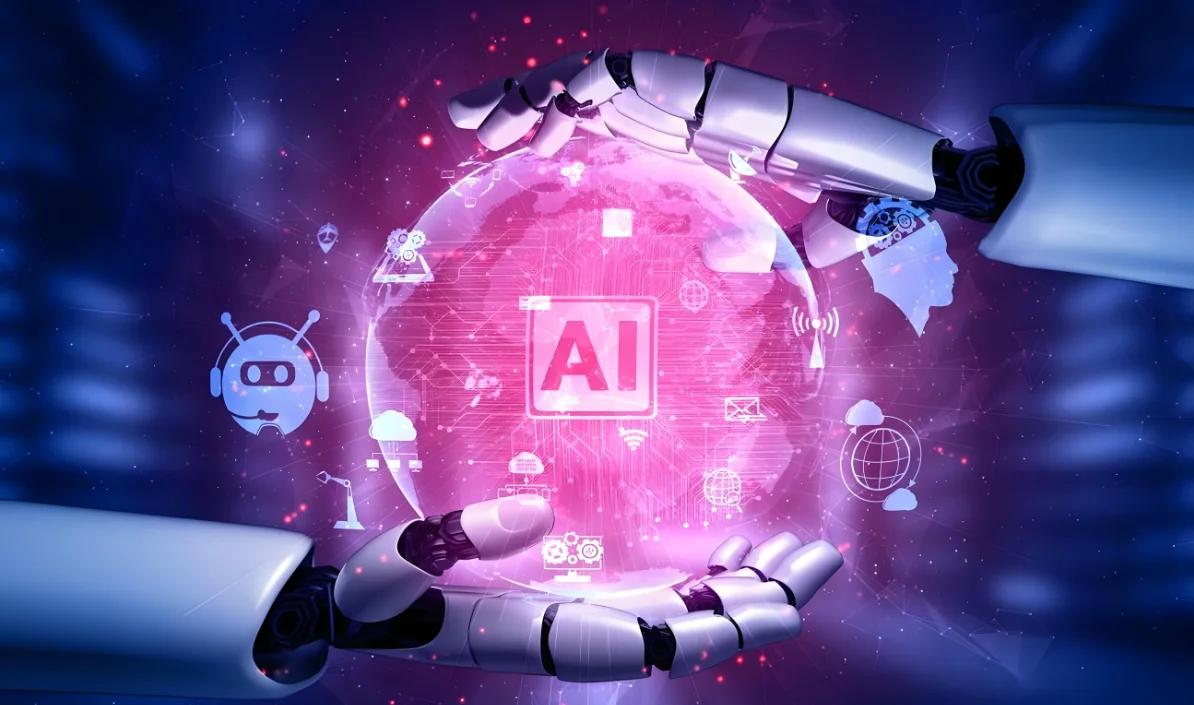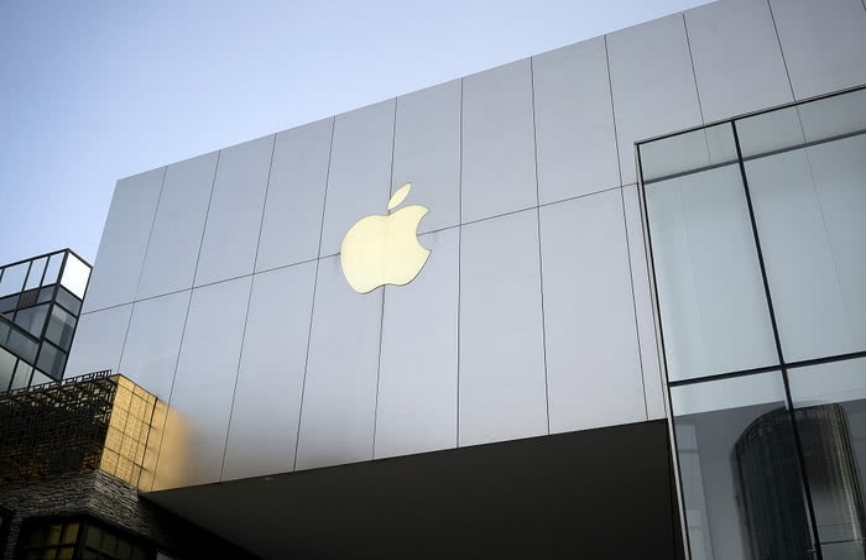
Today, the 13th Internet Security Conference with the theme of "ALL IN AGENT" opened in Beijing, China. This technology event, which gathers global politicians, academic leaders, and business representatives, has not only become a window for China to showcase its governance framework for artificial intelligence, but also a key platform for defining the ethical and industrial directions of technology in the era of intelligent agents.
The core agenda of the conference revolves around "intelligent agents". This type of artificial intelligence system with autonomous decision-making, learning, and cross system collaboration capabilities is moving from the laboratory to the fields of industry, healthcare, and urban management. Chen Qingquan, an academician of the CAE Member, pointed out in his keynote speech that agents will reconstruct the productivity model. For example, coordinators in factories can optimize the supply chain in real time, and medical diagnosis systems can collaborate across borders. Sun Lining, a foreign academician of the Russian Academy of Engineering, emphasized the importance of technological ethics and believed that China's "AI for Good" principle is highly compatible with the global call for transparency and accountability.
The sharing of industry leaders is more concrete. 360 Group founder Zhou Hongyi described the practical application of artificial intelligence in network security, believing that future defense systems will be actively identified and intercepted by intelligent agents for network attacks. Huawei Vice President Shi Zhenyu used smart cities as an example, pointing out that transportation, energy, and emergency management can achieve dynamic balance through autonomous collaborative systems.
During the conference, data security issues sparked in-depth discussions. The Chinese national security department recently issued a warning that 0.01% of false information in artificial intelligence training data can lead to an 11.2% increase in harmful content. This phenomenon of 'data poisoning' is considered the biggest security risk. To address the challenges, the conference proposed multidimensional solutions: blockchain based data traceability technology can verify the authenticity of information and ensure that the training set is not contaminated; Drawing on the Joint Chairman's Statement on Global Dialogue on Artificial Intelligence Governance released at the Geneva Summit, China proposes the establishment of a "Digital Geneva Convention" to promote unified security standards; The quantum anti-interference algorithm demonstrated by the research team provides new guarantees for communication security in fields such as finance and national defense.
The "New Quality Talents" program launched by China has become a highlight of the conference. The plan aims to build an AI talent ecosystem through three pillars: a free and open online platform that has attracted 200000 learners worldwide, with courses covering core areas such as ethics and cybersecurity; More than a thousand teams from 544 universities are designing intelligent agent solutions around scenarios such as climate modeling and elderly friendly technology; Huawei's talent center established in Shenzhen trains 10000 engineers annually to promote the transformation of technology from theory to application.
The conference sends a clear signal that China is willing to play a coordinating role in the field of artificial intelligence. In addition to advocating the establishment of the World Artificial Intelligence Cooperation Organization, China has also engaged in dialogue with the European Union in the regulatory field. For example, the EU's "Guidelines for Common Model Providers" released in July absorbed China's practical experience in algorithm transparency.
With the penetration of intelligent agent technology into various industries, society will face profound changes. In the field of education, there may be "mentors", the healthcare system will be composed of alliances of diagnostic agents from multiple countries, and urban governance will rely on autonomously optimized resource allocation systems. As Academician Sun Lining said, technological evolution is irreversible, but through global collaboration, humanity can ensure that it remains a tool rather than a master.
This conference not only showcases China's innovative solutions in the fields of security and governance, but also heralds the arrival of a new era of technology centered around intelligent agents. In this transformation, China's role is shifting from a follower to a rule maker, injecting Eastern wisdom into global technological development.

Recently, according to 9To5Mac, the Apple Podcasts app was exposed to have the problem of automatically redirecting unsubscribed programs, and some of the redirected programs were suspected to contain malicious links.
Recently, according to 9To5Mac, the Apple Podcasts app was …
Recently, multiple Federal Reserve officials have publicly …
Ukrainian President Vladimir Zelensky met with French Presi…
In November 2025, South Korean e-commerce giant Coupang was…
On December 2, 2025, the international silver market witnes…
On November 30 local time, a report released by the Stockho…